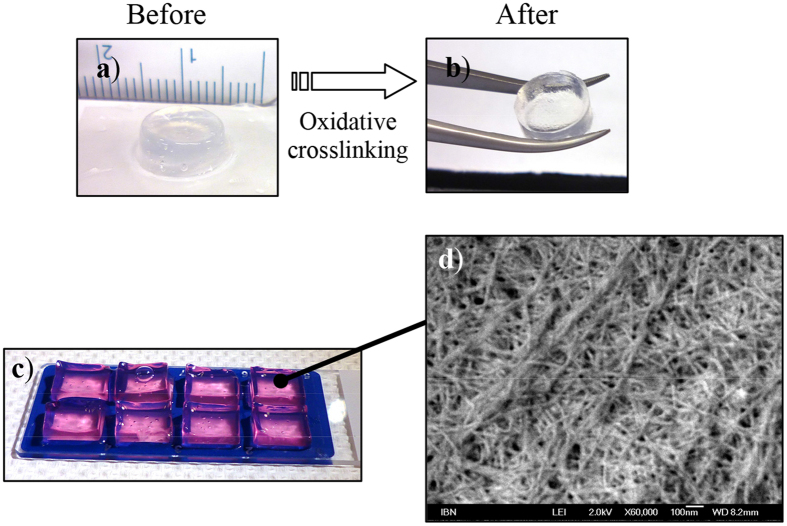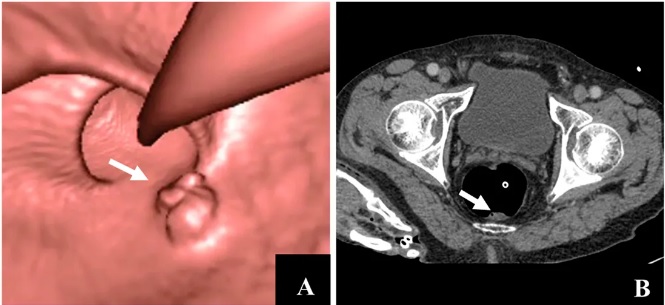Advancements in Oligonucleotide Analysis: Insights from HPLC 2025

In a pivotal interview at the HPLC 2025 conference held in Bruges, Belgium, Professor Torgny Fornstedt, a prominent figure in analytical chemistry and leader of the Fundamental Separation Science Group at Karlstad University, Sweden, addressed critical issues surrounding the analysis of oligonucleotides. The discussion highlighted the increasing complexity of therapeutic developments, particularly in the area of oligonucleotide-based drugs, where analytical chemists face significant challenges in resolving and characterizing high-mass molecules.
The demand for precision in drug development has escalated, particularly with the rise of small interfering ribonucleic acids (siRNAs) and antisense oligonucleotides (ASOs). As Professor Fornstedt explained, the separation techniques utilized for siRNAs differ markedly from those for ASOs, necessitating distinct analytical adjustments. "The challenges we encounter in separating these compounds stem from their structural similarities, which complicate the resolution process," stated Fornstedt during the interview, emphasizing the need for advanced chromatographic methods to tackle these obstacles.
In light of these challenges, modern chromatographic techniques are evolving. Fornstedt noted the integration of digital modeling and machine learning tools, which are revolutionizing the analytical processes in chromatography. According to Dr. Emily Roberts, a researcher at the Massachusetts Institute of Technology and co-author of a 2023 paper published in the Journal of Chromatography, "The application of machine learning in chromatographic analysis allows for more efficient data interpretation and enhances the accuracy of separations, particularly with complex biological samples."
The significance of Professor Fornstedt's insights lies not only in their immediate relevance to the field of analytical chemistry but also in their implications for the broader biopharmaceutical industry. The development of oligonucleotide drugs, such as those targeting genetic disorders, relies heavily on advanced analytical techniques to ensure quality control and efficacy. The increasing reliance on these drugs has prompted regulatory bodies, including the U.S. Food and Drug Administration (FDA), to establish stringent guidelines for their analysis, as outlined in the 2023 FDA guidance document on the quality of oligonucleotide therapeutics.
Moreover, the role of collaborative research between academia and industry is critical in this landscape. For instance, Fornstedt’s recent partnerships with pharmaceutical companies have focused on developing innovative analytical strategies to ensure the reliable characterization of therapeutic oligonucleotides. "Collaboration is key to advancing our understanding of molecular interactions in separation processes and ensuring the successful development of next-generation drugs," he remarked.
As the field progresses, the future of oligonucleotide analysis appears promising yet challenging. Experts like Professor Fornstedt continue to lead the way in addressing these complexities through innovative research and practical applications. The ongoing advancements in chromatographic techniques, coupled with the integration of digital technologies, will undoubtedly shape the future of drug development and quality assurance in the biopharmaceutical sector.
In conclusion, the insights shared by Professor Fornstedt at HPLC 2025 underscore the importance of evolving analytical methodologies in the face of increasing demand for precision in therapeutic development. As the landscape of oligonucleotide therapeutics continues to evolve, the interplay between analytical science and biopharmaceutical innovation will remain a focal point for researchers and industry leaders alike.
Advertisement
Tags
Advertisement





